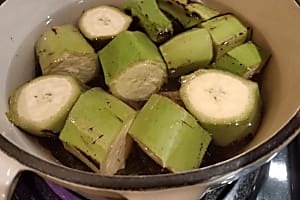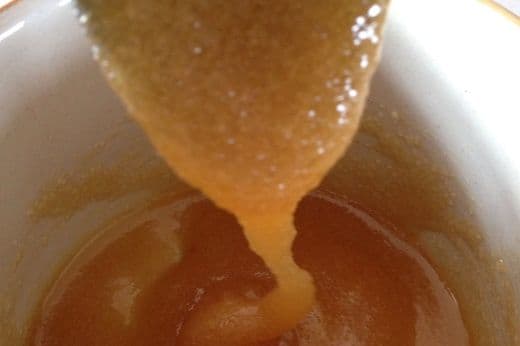Pune: Many people, recuperating from cold and chest infections, have been complaining of a nagging
cough that can continue for up to three to eight weeks. Medically called upper airway cough syndrome or post-infectious cough, it is accompanied by other symptoms such as stuffy nose and sore throat.
Experts say fluctuations in temperature, presence of fine dust/pollutants in the air as well as pollens released following the flowering season have aggravated this cough. “I see four to five patients with a nagging and persistent cough every day. The number of patients complaining of this irritating variety of cough has increased considerably in the last 25 days,” said chest physician Nitin Abhyankar.
“Most of these patients have prolonged post-nasal drip – a feeling of liquid running down the back of the throat. The condition usually lingers after a viral upper respiratory infection. It is also called post-infectious cough,” he said.
Most vulnerable are people predisposed to various allergies. They get a heightened allergic response after viral infection. Abhyankar said, “Such people tend to have excessive secretion in the nose, which travels back into the throat during sleep and causes an irritation and subsequent cough. In typical cases, patients cough more at night.”
Chest physician Mahavir Modi added, “Post-infectious cough is not associated with abnormal findings and even chest X-rays appear normal. I see 15-20 patients with this variety of cough every day.”
In our country, a cough that persists for more than three weeks must be investigated for tuberculosis. “If not investigated properly, we may miss important diseases like asthma, tuberculosis, lung cancer and a possibility of foreign bodies in the airway. In most cases, it is just post-infectious cough or post-viral bronchitis, but an it is a must to rule out other more serious issues,” said Modi.
Antihistamines, which treat allergic rhinitis and other allergies as well as steroid nasal sprays are usually able to give relief to people with a persistent cough. It is important to note that antibiotics do not work on this condition.
“We must treat this allergic response with nasal steroid sprays and oral antihistamines for at least one-and-half months to two months till the excessive secretion subsides,” Abhyankar said.




















